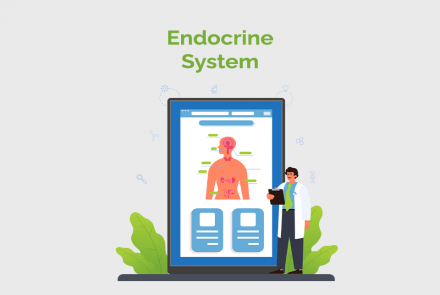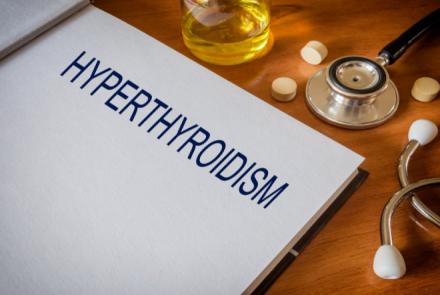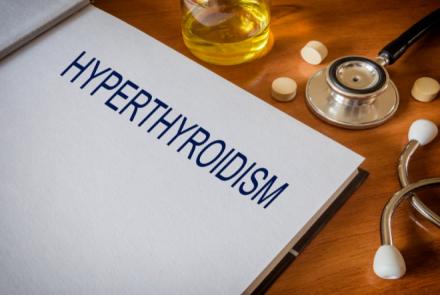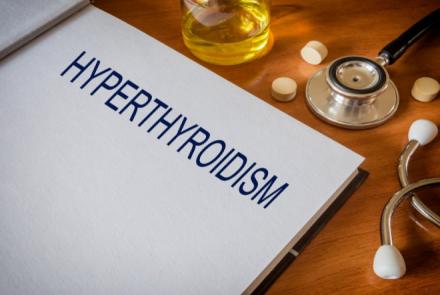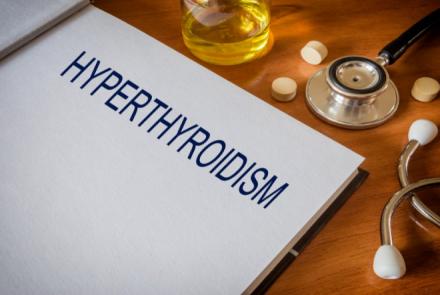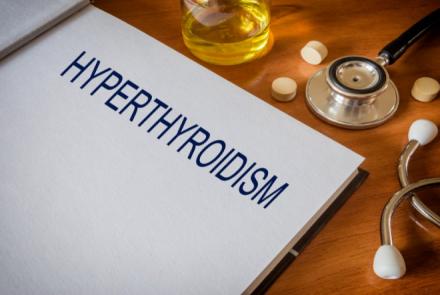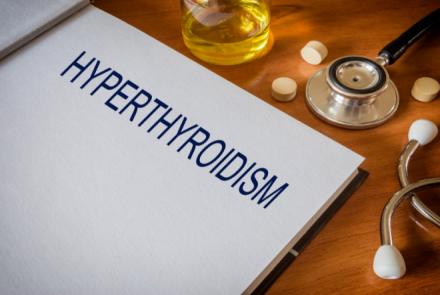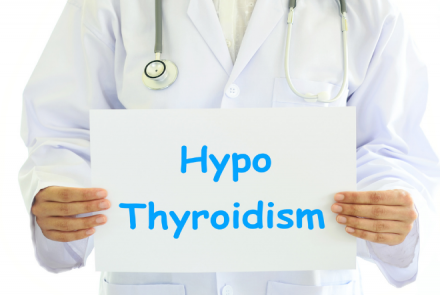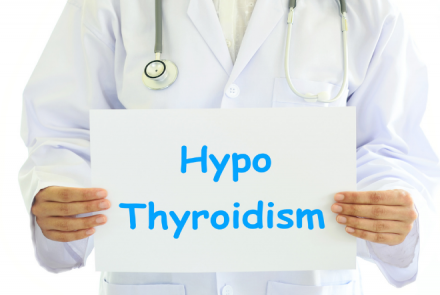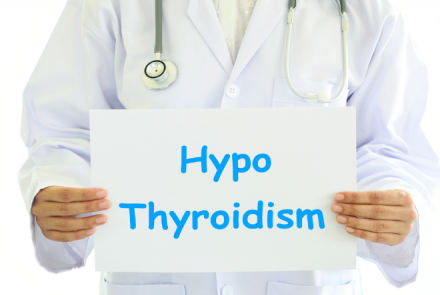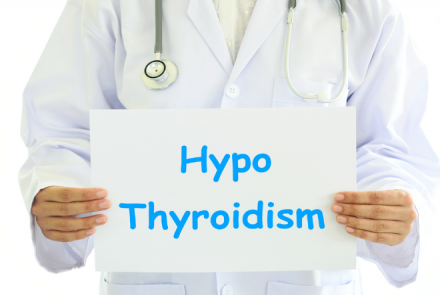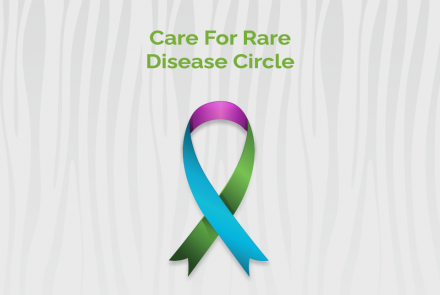The endocrine system is a network of glands that make hormones. These hormones control your moods, growth and development, metabolism, organs, and reproduction. The hypothalamus, pituitary gland, and pineal gland are in your brain. The thyroid and parathyroid glands are in your neck. The thymus is between your lungs, the adrenals are on top of your kidneys, and the pancreas is behind your stomach. Your ovaries (if you're a woman) or testes (if you're a man) are in your pelvic region. The endocrine system also controls how your hormones are released and sends those hormones into your bloodstream so they can travel to other body parts
Latest Communities
- A rare disease is any disease that affects a small percentage of the population. Most rare diseases are genetic and are…
- A rare disease is any disease that affects a small percentage of the population. Most rare diseases are genetic and are…
- A rare disease is any disease that affects a small percentage of the population. Most rare diseases are genetic and are…

